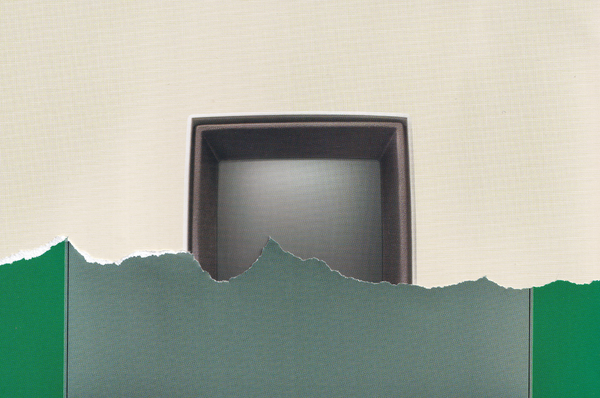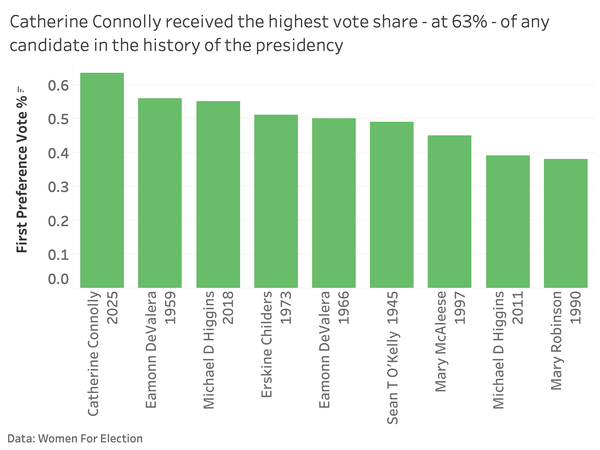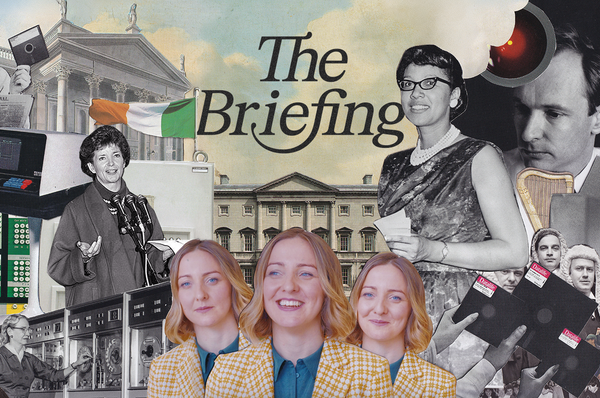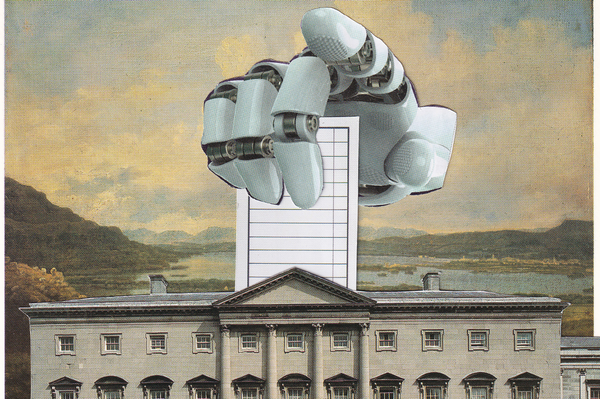The pursuit of dirty fingernails

For the last few weeks a group of us from the neighbourhood - parents with kids around the same age - have been gathering on a patchwork of picnic blankets on a designated evening. It is so simple and yet feels like a miracle. Out there in the multiverse is an alternate world where these feral children are not making grass potions and lying down to stare at the sky in the middle of a jumpers-for-goals football pitch, but cooped up in our small houses and apartments, probably on screens, probably driving us insane.
I think about the things that made these gatherings possible; the creche where the kids met, the well maintained playground near the creche where us parents met, the safe park where we could chat and swap numbers while keeping just a side eye on those kids, the bike lanes and schemes that have moved us out of cars and enabled the quick hellos when passing and that make a diversion to the park a pleasure, the maternity leave and social safety net that frees up the mental space needed to build and be part of community, and, of course, Whatsapp. The sunshine really helps too.
Here is what hasn’t made a damned bit of difference; immigration.
Someone walking past our picnic encampment would overhear conversations about school applications, TV shows and work stress. They'd also hear these interrupted by shouts at children to stop punching each other or avoid the dog poo in a mix of languages. Many of the parents have come from other places for the full range of reasons people move from one place to another, from love to better opportunities in sales and marketing.
You might think differently if your only data point was Keir Starmer’s immigration speech last week. The Labour - yes Labour - leader said that it was immigration that had made Britain an “island of strangers”, a dog whistle to Enoch Powell’s infamous “rivers of blood” speech when he fearmongered about Britons being “strangers in their own country”.

It is also so inaccurate and so damaging that it makes my blood boil.
We're at a point now where the US's top public health official had to declare a "loneliness epidemic". But immigration isn't to blame.
I was an immigrant in the UK for a long time. I was in my 20s and footloose and heard but thought little about libraries being shut down and services being cut under successive Conservative governments. Child benefit was capped to two children, then taken away from parents earning over a threshold, severing many people’s investment in the social safety net. Yet even I could feel something intangible eroding.
I left in the months before the Brexit vote, which until last week I thought was the pinnacle of pinning this generations long social vandalism on the people who were landing in on top of it.
And technology only makes real life, offline, civic infrastructure 1000 times more necessary.

We have been running a 20 year uncontrolled experiment on our children with regards to screens, phones and social media, and the results are in and they are not good. We are dealing with the aftermath of Covid, when I know I lost many of the habits of social interaction.
Now as we try to rebuild those socialising muscles, our phones keep seducing us to just stay in and stay socially flabby by replacing chats and coffees and trips to the supermarket with scrolling and clicking. But online interactions do not compensate for real world community; they push us further away from each other rather than allow us to appreciate and understand differences.
For me anyway, parenting has been a push to say hello to strangers, especially if I think their child could play with my (only) child and save me from a further lopsided seesaw indignity. For the first time in quite some time I am making new friends, a wonderful and unforeseen turn of events.
Friends in other countries, especially the US, lament that where they are, the privatisation of public spaces has meant that children having dirt under their fingernails has become a symbol of privilege not of neglect.
A new term of art has emerged of the “play based childhood”, shorthand for early years spent playing outside, with other children, under minimal supervision, and away from screens.
All of this is hard without community, and community is hard without civil infrastructure.
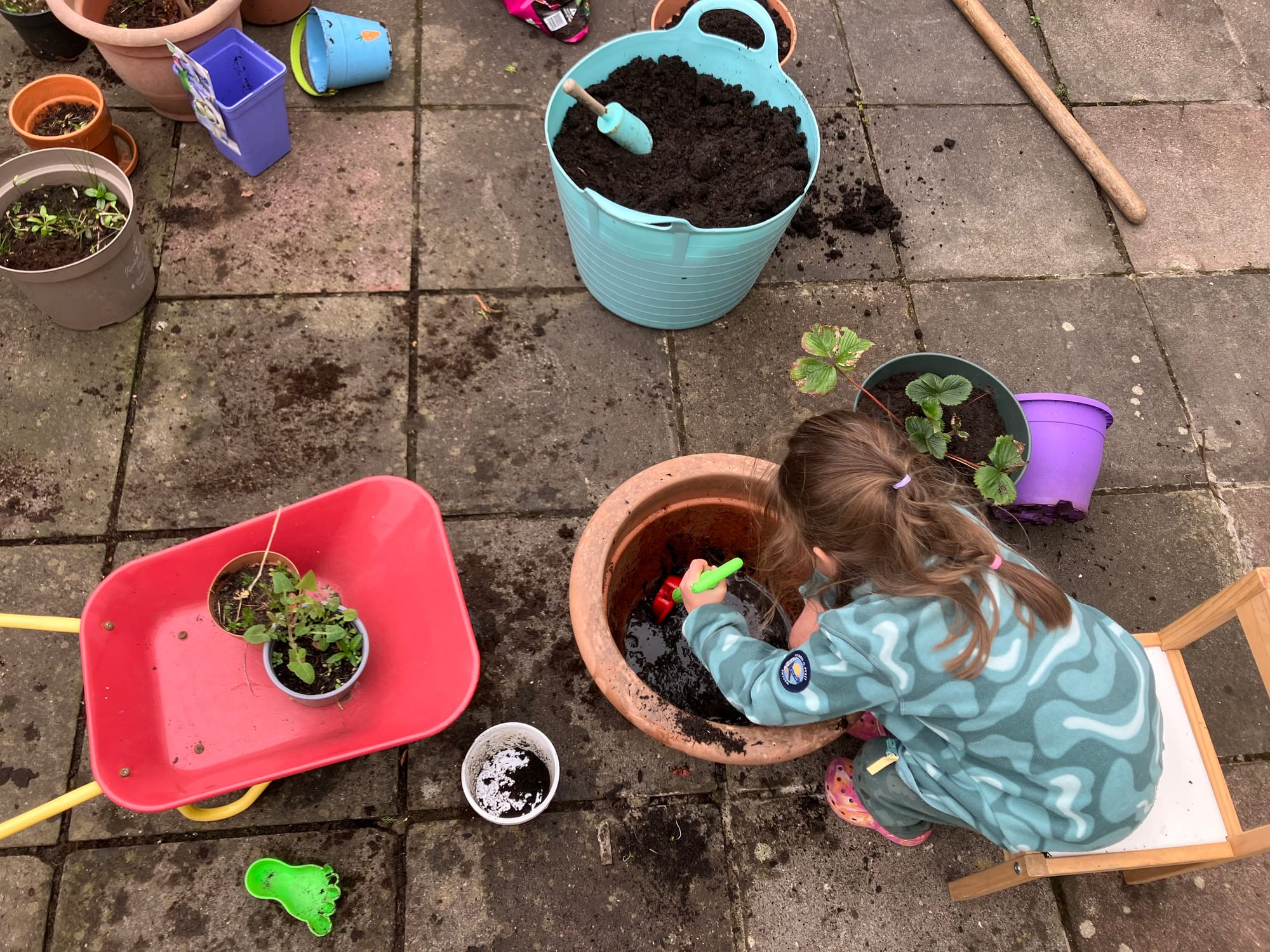
The work that makes community possible is done by people, and it snowballs. It is striking to me how our little picnics have grown. They are a focal point for inviting people in, giving loose social connections a landing space to take root. You can’t add someone to the playground Whatsapp chat if the group doesn’t already exist.
But they also rely on investments in the public realm, in public services and in public goods, which is the responsibility of the state, and certainly not the bleeping fault of our newer neighbours.

